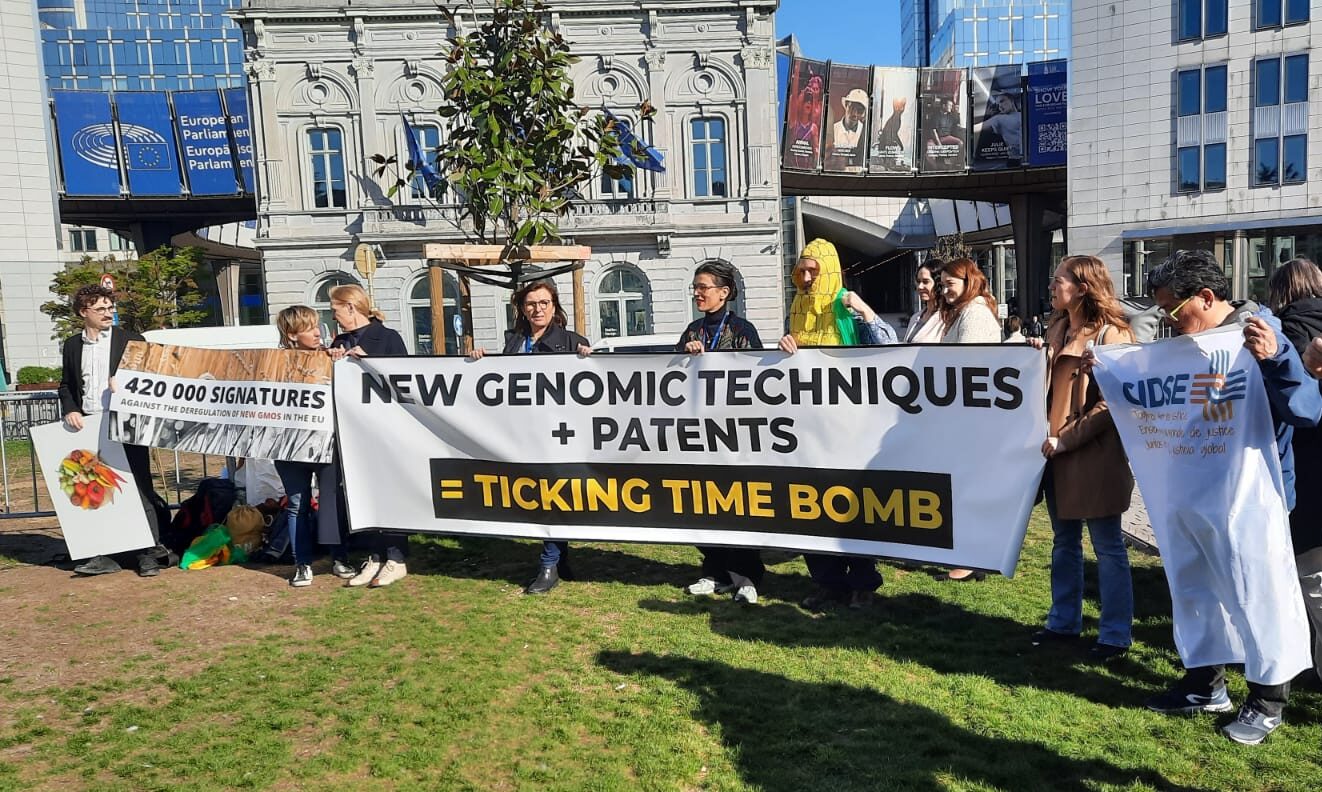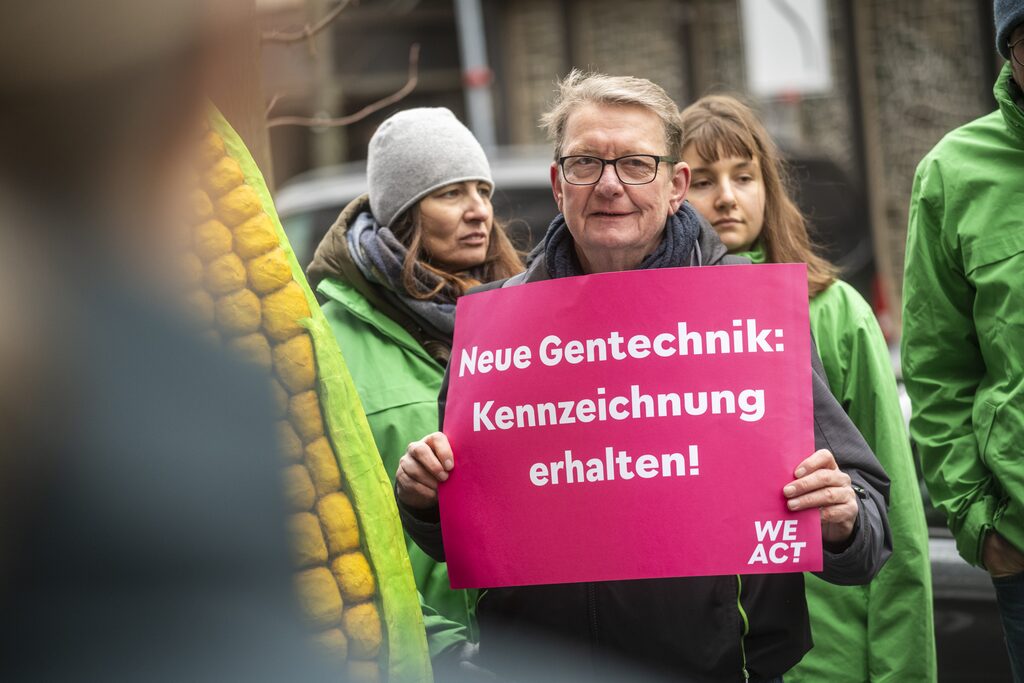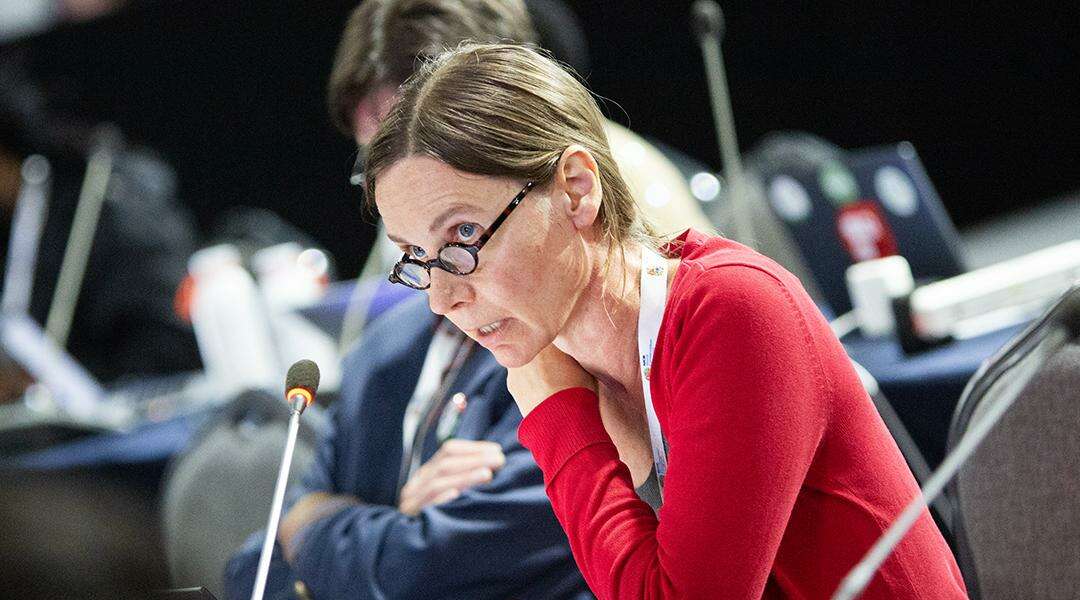On 6 May, final negotiations will begin on the deregulation of plants engineered with new genetic modification (GM) techniques, such as CRISPR/Cas. During so-called trilogue talks, the European Parliament, Council of Ministers and European Commission will finalise an agreed version of the proposed Regulation on plants obtained through “new genomic techniques” (NGT).
The new legislation aims to create a separate legal regime for plants engineered with new GM techniques like CRISPR/Cas. The Commission wants to abolish existing requirements for GMO risk assessment, consumer labelling and traceability for most of these GM plants. Trilogue negotiations can now begin, as both the European Parliament and the Council of Ministers have established their respective positions.
Jessica Polfjärd (EPP, Sweden) will represent the European Parliament in the negotiations. The previous Parliament voted on its amendments on 7 February 2024 and concluded its first reading on 24 April 2024. On 8 April 2025, almost a year later, the Parliament’s Environment Committee voted to mandate Polfjärd to “enter into interinstitutional negotiations.” The day before, NGOs and business organisations had staged a GMO protest in front of the European Parliament in Brussels.
The Polish EU Presidency, led by Agriculture Minister Czeslaw Siekierski, will negotiate on behalf of the Council of Ministers. On 14 March 2025, deputy ambassadors to the EU reached a fragile agreement, in which a narrow majority of 19 EU countries supported a Polish compromise proposal. Six countries opposed the text (Austria, Croatia, Hungary, Romania, Slovakia and Slovenia), while Germany and Bulgaria abstained.
The main sticking points are likely to be consumer labelling and traceability of NGT products and a ban on patents, both voted by the European Parliament but not backed by the Commission and the Council. Czechia, Denmark, Finland, the Netherlands and Sweden have publicly stated their opposition to consumer labelling. This is despite the fact that most consumers — including those who support GM technology — want GM products to be clearly labelled, and consumer associations have consistently called for such labelling (for example in France and Germany). Denmark will take over the rotating EU Presidency from July 2025.
Regarding patents, the Polish EU Presidency said the NGT legislation was not the right place to deal with this issue. However, it is unlikely that any restrictions on patents will be introduced at a later stage, given the Commission’s reluctance to engage on the matter. Opponents of GMO deregulation, including Save Our Seeds, have warned that the proposed law could lead to a surge in patented seeds (link joint statement). This could strengthen the grip that a handful of seed companies have on farmers and small breeders through patents. Industry sponsored licencing platforms are insufficient to prevent these negative impacts.
Once a trilogue deal has been reached, both the European Parliament and the Council must approve the final text through a vote.
Save Our Seeds is calling on the Members of the European Parliament to insist on product labelling and traceability, ensuring businesses and consumers can avoid GM food and GMOs can be recalled in case something goes wrong. Save Our Seeds also asks them to prevent seed patents.
Photo © Friends of the Earth Europe — GMO protest on 7 April 2025 in Brussels






